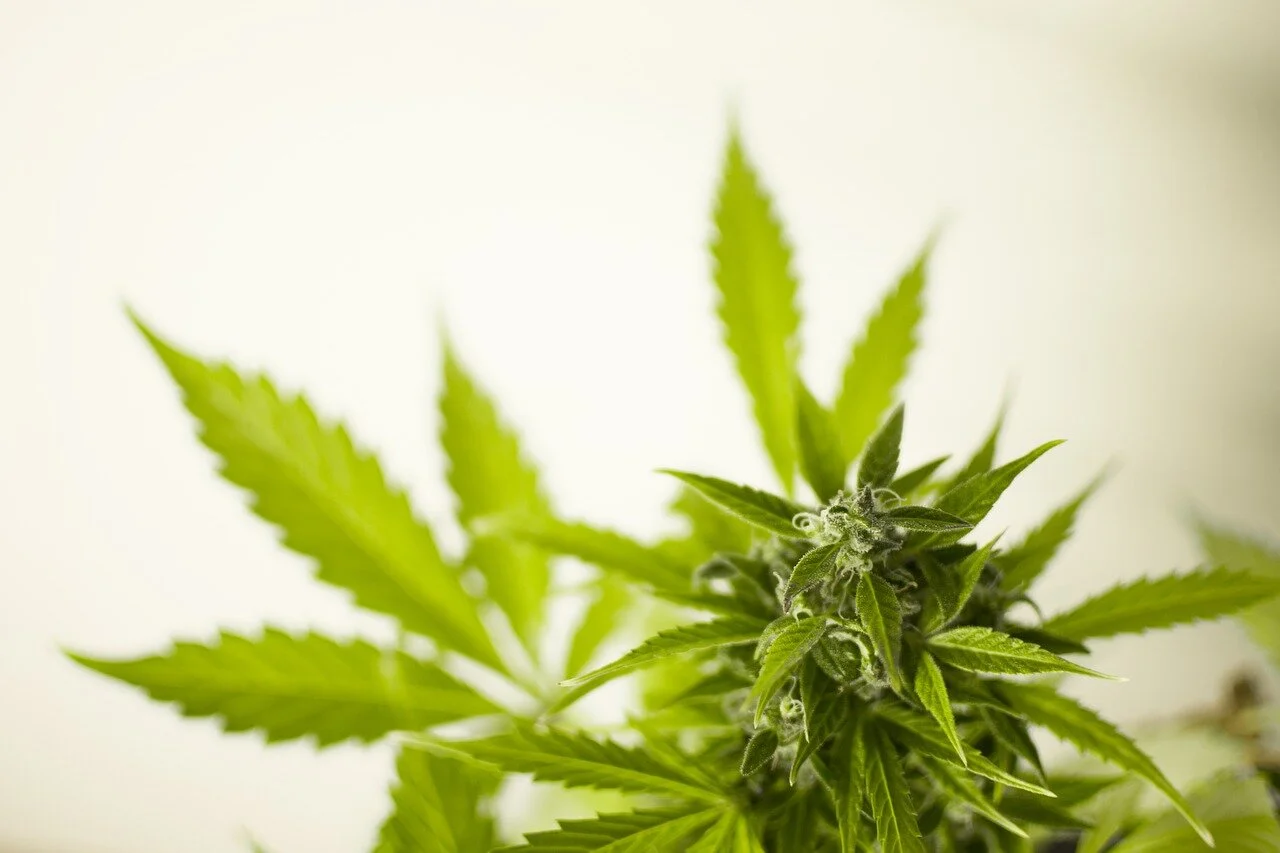House Judiciary Committee Votes to Legalize Marijuana
Legalizing marijuana has been legislated on a state-by-state basis thus far. (Needpix)
The U.S. House of Representatives Judiciary Committee approved a proposal on November 20 that would decriminalize and tax marijuana at the federal level. Some politicians and commentators have called this a momentous occasion in the changing landscape of national cannabis policy, while others view the event as trivial.
The proposal passed with a vote of 24-10 after more than two hours of debate.
This proposal would repeal the Controlled Substance Act, a longstanding prohibition of marijuana on the national level, relegating the issue strictly to the state level. In addition, it would implement a five percent sales tax on marijuana that would go to support those victimized by the “War on Drugs” through legal aid and job training. It would also clear all prior marijuana convictions.
Several leaders of the cannabis movement have spoken positively about the House’s decision. CEO of the Cannabis Trade Federation Neal Levine said the vote is “a historic step for cannabis policy reform.”
Many states have passed similar proposals on the state level, which the federal government has not strictly enforced. Congress, however, has not found a large enough coalition to move this legislation through, despite bipartisan support for the idea.
The bill’s future is uncertain, as it is unclear whether any other committees will take up the proposal or if it will ever go up to the full House for a vote.
Some Republicans in the House have stayed firm in opposition, saying that the bill had minimal bipartisan support and lacked any hearings. Representative Doug Collins (R-GA) strongly stated, “[This bill] is going nowhere.”
Democrats have responded to the Republican push back. Committee Chair Jerry Nadler (D-NY) said that the U.S. has continuously “treated marijuana as a criminal justice problem, instead of a matter of personal choice and public health.” He continued, “Arresting, prosecuting and incarcerating users at the federal level is unwise and unjust.”

